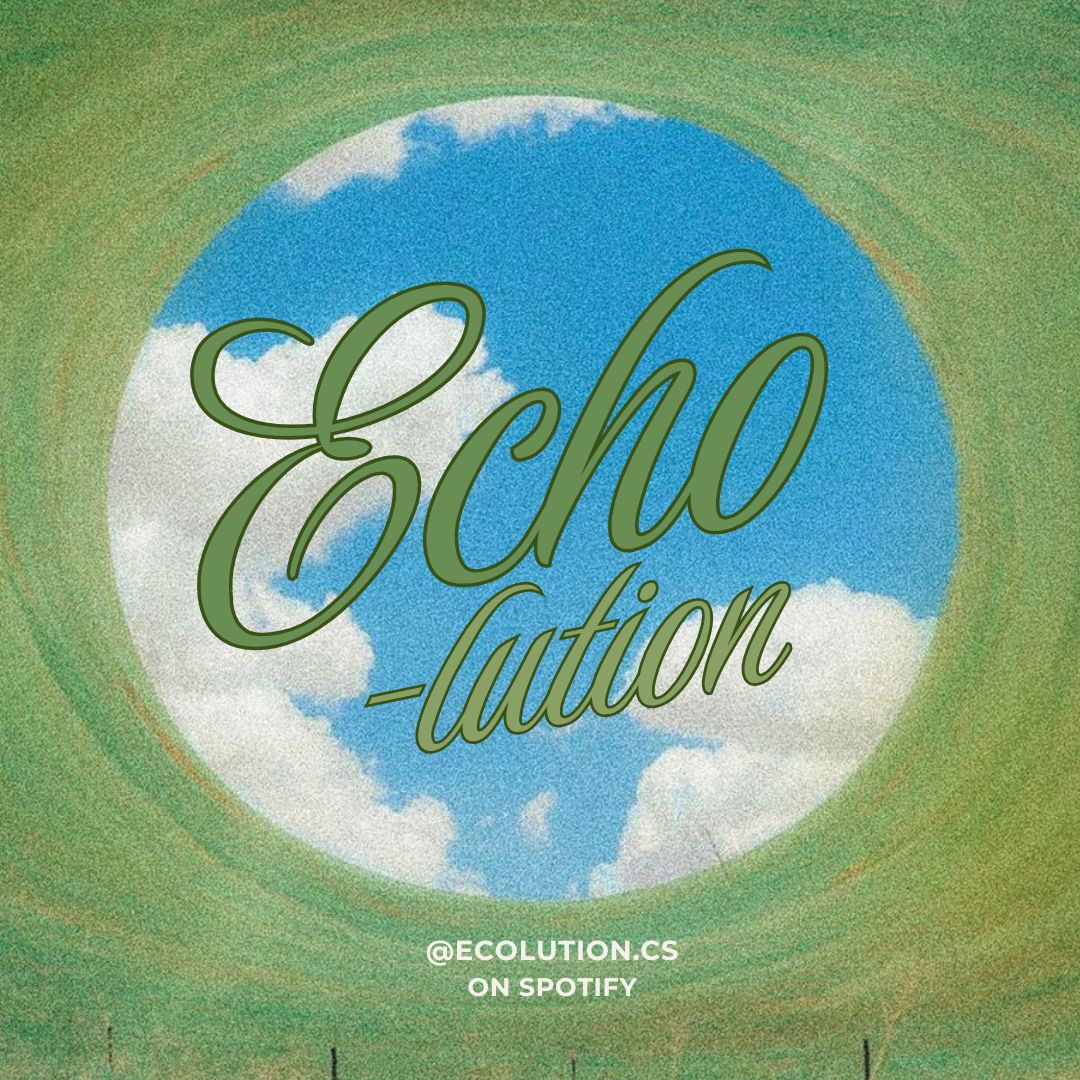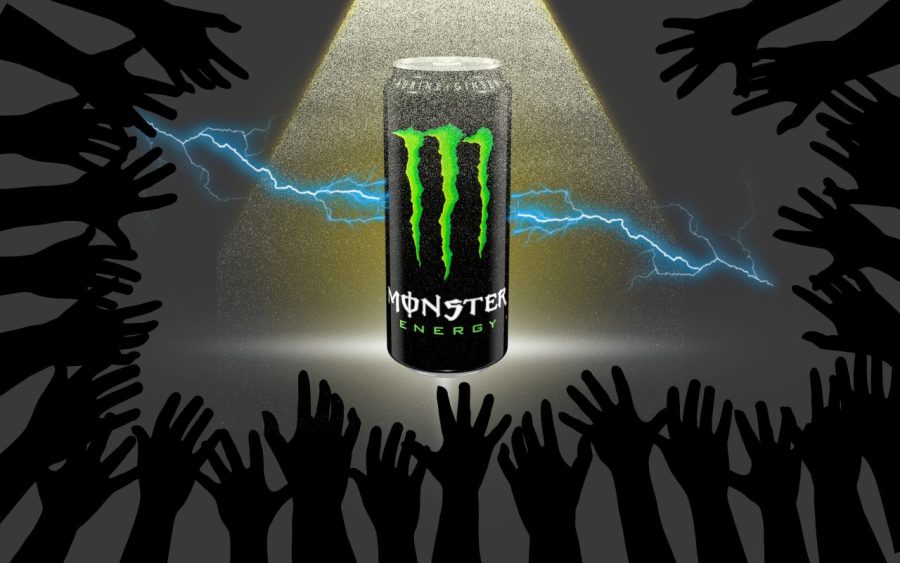There’s a Monster on the Loose
Opinions on the Famous Energy Drinks For Sale in the Cafeteria Store
November 3, 2022
When I go to the convenience store, I see row after row of energy drinks displayed behind sliding glass refrigerator doors. However, they are not marketed directly towards me, so I can’t do anything about it. Then I saw something truly shocking: energy drinks being sold to our students, in our cafeteria. How did this happen?
These drinks work due to massive amounts of caffeine and sugar. A single energy drink has slightly less caffeine than the equivalent volume of coffee. But 16 ounce cans of Monster or Red Bull have 40-50 grams of added sugar, which is more than the amount recommended for everyday consumption.
These beverages are high in calories, at almost 200 per can. Excess sugar and calories cause serious cardiovascular problems. Considering students generally drink these beverages to stay alert, the negative effects take a toll as they sip these day after day without contemplating the long term impact.
Why do kids drink such unhealthy products? It’s because they don’t get enough sleep at night. They are overworked outside of school, piling academies on top of their DIS assignments. Lacking the stamina to get through a tough day at school, students turn to caffeine and sugar to fight exhaustion and find a second wind. Coffee won’t satisfy the taste buds of picky teens. Sweet drinks are their beverage of choice. But the negative side effects stack up without realizing it. Replacing water with caffeine, dehydrated teens battle a vicious cycle, bouncing back and forth between fatigue and restlessness.
Energy drinks, with all these unfavorable outcomes, are being sold in the cafeteria. “I do not think it is appropriate for all students to drink energy drinks. If you can control the amount, I believe that it is okay for some,” said cafeteria worker Jung Byun Joon.
Students slurping energy beverages are more likely to feel anxiety and have insomnia from the caffeine, keeping users wired. “I only drink it when I want to be kept up like all-nighters,” claimed Manuel in 8th grade.
I wondered if students that partake in caffeine binges were aware of the adverse effects. “I am aware of the side effects, and I think it is the bad part of energy drinks. I would say that it’s pretty unhealthy to drink, but if it’s not an addiction then it’s good enough.” continued Manuel.
English teacher Ms. Nagy seemed to agree. “I think that the consumption of energy drinks is not beneficial to the body. I don’t think it’s appropriate for developmental health.”
Ms. Nagy continued, “I do not drink energy drinks because I personally feel that they do not help the body in a healthy fashion. Our minds are impacted by the lack of energy and we’re not creating energy in a sustainable way for ourselves.”
Despite the touted effects that energy drink marketers assure, the unhealthy amount of caffeine and added sugars out-balances any potential positives. We should definitely consider removing these harmful substances from our lives.





















































Maddox • Nov 3, 2022 at 7:39 pm
I drink Powerade, though I don’t do it for the energy that the drink gives me. I drink Powerade just because it tastes good. Even though I drink Powerade, I don’t think that it has much caffeine in it.
Jio Kim • Nov 3, 2022 at 7:38 pm
I don’t think any students should drink it. I know their are lots of work to do and less sleep but I still think that students should get their energy from other helpful things.
Jimin Shin • Nov 3, 2022 at 1:08 am
I enjoy drinking Monster too, and it was great to get informed about its side effects. It was also interesting to read about how others think about it too! You did a great job choosing a topic that many students would have been curious about. 🙂